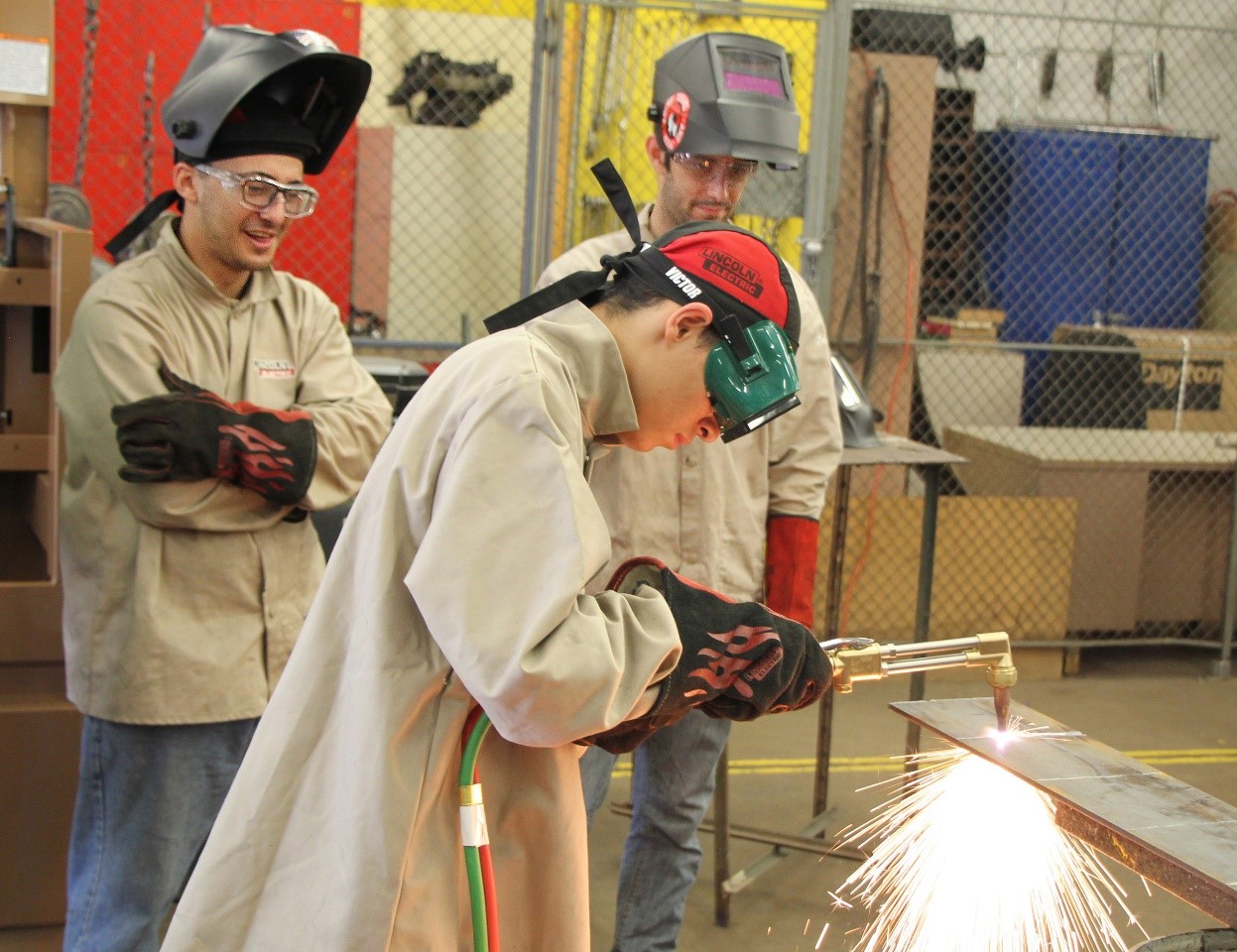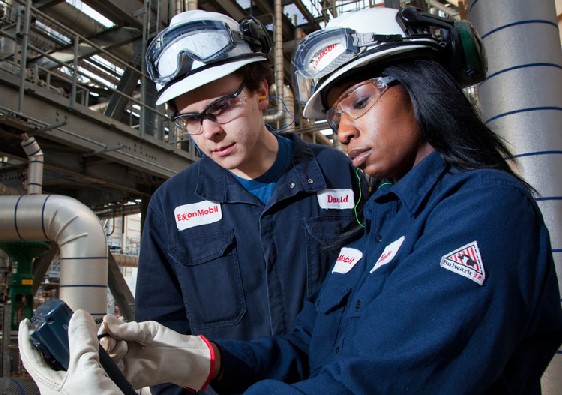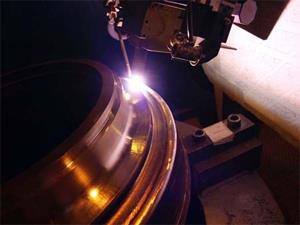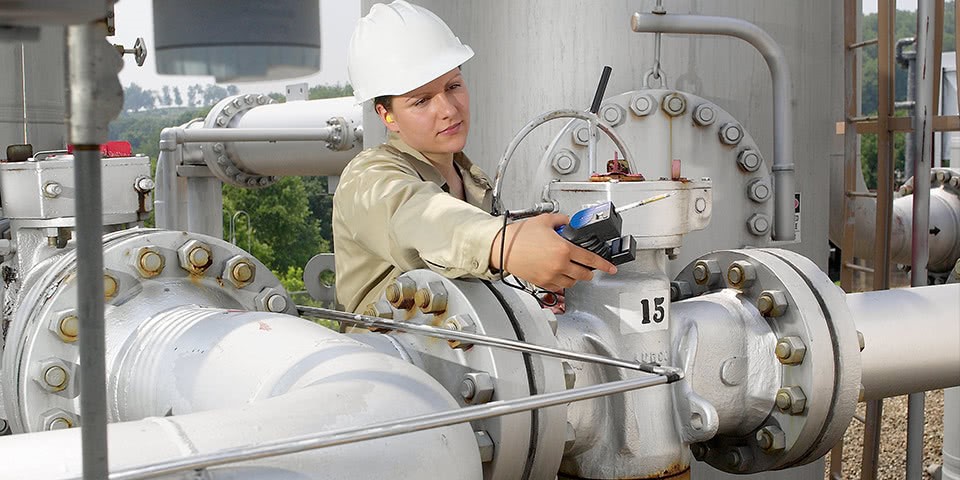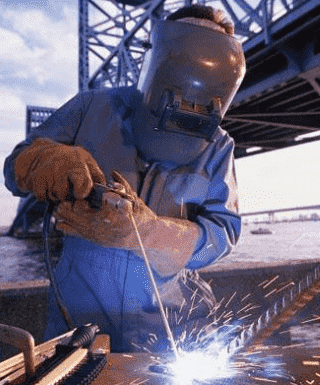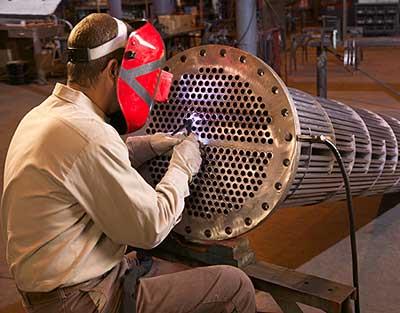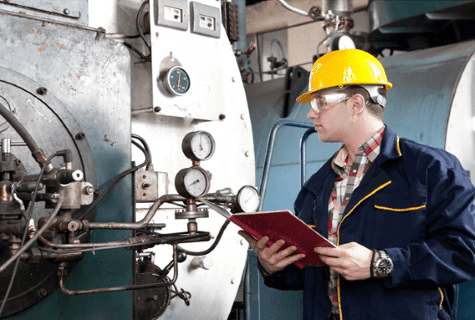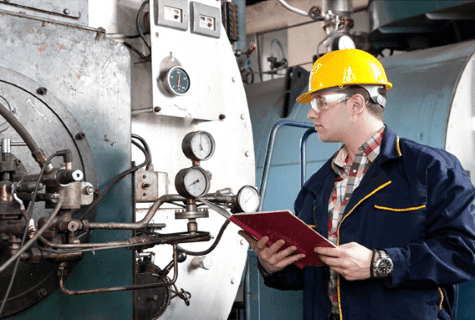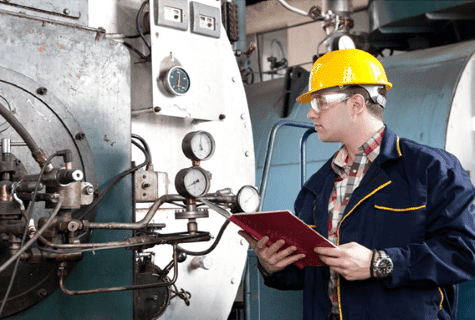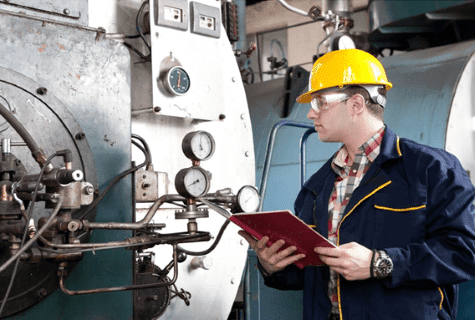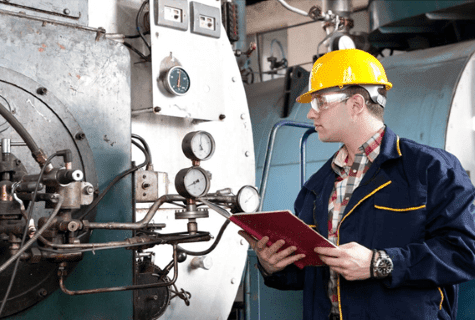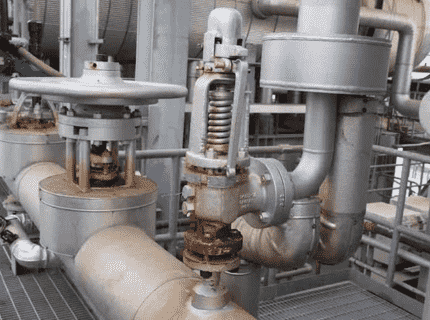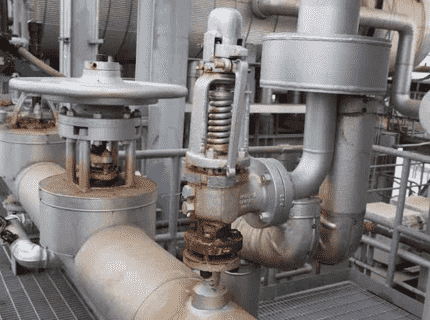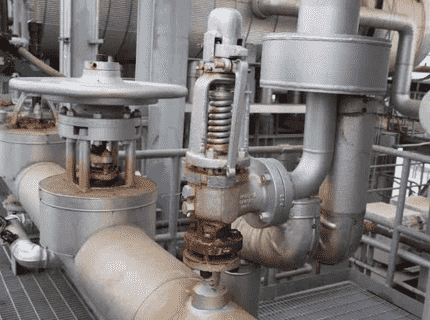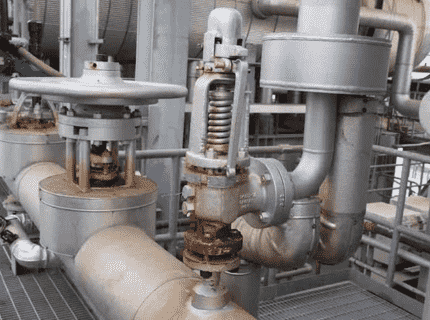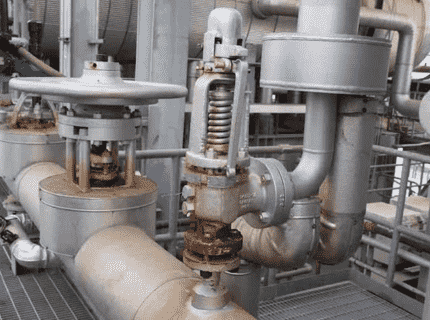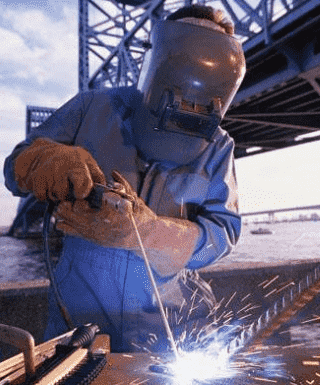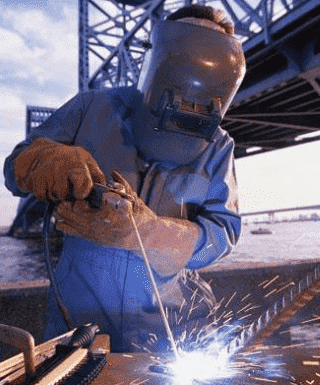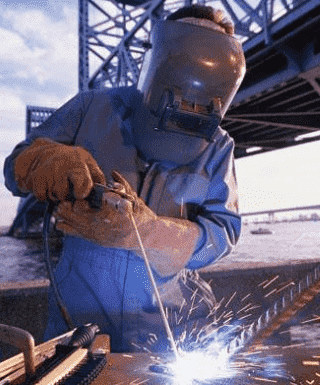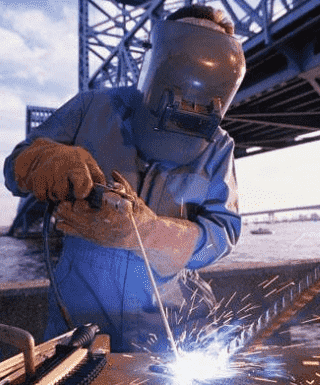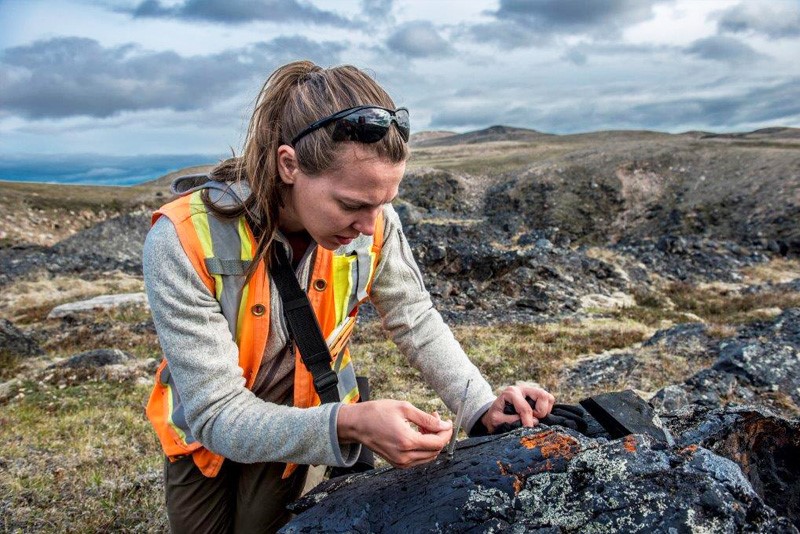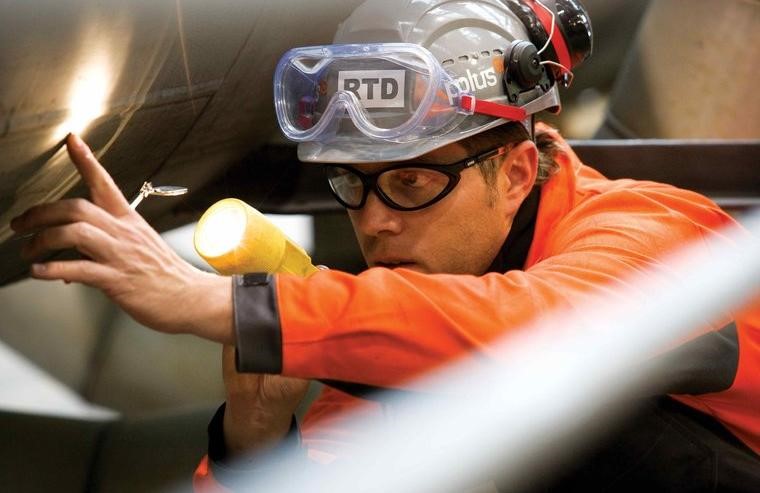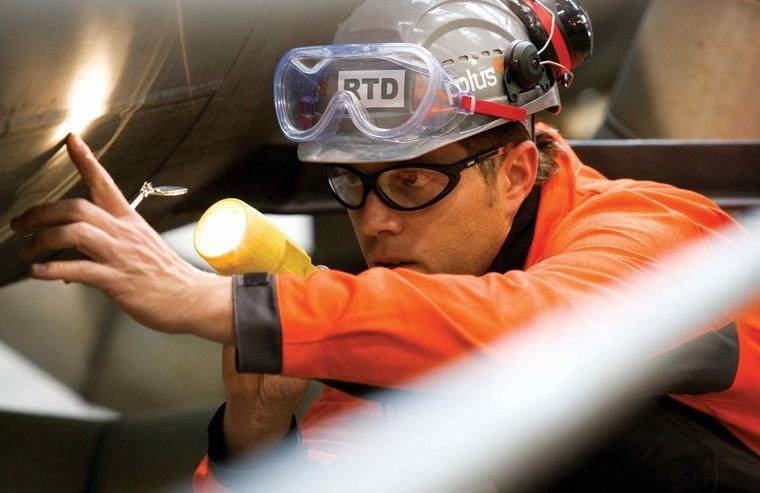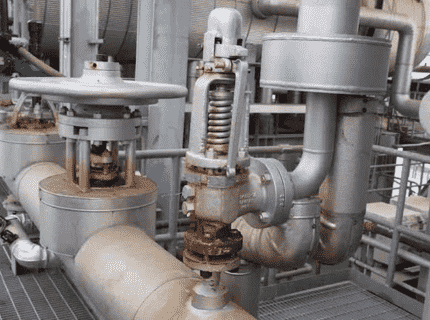TRAINING COURSES
📚 Courses We Offer 📚
Facility Integrity, Inspection, Metallurgy & Corrosion Engineering
Explore our expertly curated courses designed to elevate your skills and knowledge.
- FE0430 : Welding Engineering & Technology: Welding, Fabrication and Inspection (AWS, ASME and API Codes)
- Date : Jan 18 - Jan 22 2026 / 5 Days
- Location : Cairo, Egypt
- Course Details
- FE0935 : API 571: Damage Mechanisms Affecting Fixed Equipment in the Refining, Petrochemical & Petroleum Industries (API Exam Preparation Training)
- Date : Jan 25 - Jan 29 2026 / 5 Days
- Location : Cairo, Egypt
- Course Details
- FE0433 : Welding Defects Analysis
- Date : Feb 01 - Feb 05 2026 / 5 Days
- Location : Dubai, UAE
- Course Details
- FE0070 : Process Piping Design, Construction, Inspection, Maintenance & Mechanical Integrity (ASME B31.3 & API 570)
- Date : Feb 08 - Feb 12 2026 / 5 Days
- Location : Dubai, UAE
- Course Details
- FE0930 : API 577: Welding Inspection and Metallurgy (API Exam Preparation Training)
- Date : Jan 25 - Feb 05 2026 / 12 Days
- Location : Dubai, UAE
- Course Details
- FE0121 : API 660: Shell & Tube Heat Exchangers: Design, Welding, Fabrication, Inspection, Testing, Operation, Maintenance & Troubleshooting
- Date : Jan 25 - Jan 29 2026 / 5 Days
- Location : Dubai, UAE
- Course Details
- FE0670-10D : API 510: Pressure Vessel Inspector (API Exam Preparation Training)
- Date : Jan 25 - Feb 05 2026 / 12 Days
- Location : Dubai, UAE
- Course Details
- FE0670-10D : API 510: Pressure Vessel Inspector (API Exam Preparation Training)
- Date : Apr 26 - May 07 2026 / 12 Days
- Location : Dubai, UAE
- Course Details
- FE0670-10D : API 510: Pressure Vessel Inspector (API Exam Preparation Training)
- Date : Jul 26 - Aug 06 2026 / 12 Days
- Location : Dubai, UAE
- Course Details
- FE0670-10D : API 510: Pressure Vessel Inspector (API Exam Preparation Training)
- Date : Sep 20 - Oct 01 2026 / 12 Days
- Location : Al Khobar, KSA
- Course Details
- FE0670-10D : API 510: Pressure Vessel Inspector (API Exam Preparation Training)
- Date : Dec 06 - Dec 17 2026 / 12 Days
- Location : Dubai, UAE
- Course Details
- FE0029 : API 576: Inspection of Pressure-Relieving Devices
- Date : Jan 25 - Jan 29 2026 / 5 Days
- Location : Dubai, UAE
- Course Details
- FE0029 : API 576: Inspection of Pressure-Relieving Devices
- Date : Apr 19 - Apr 23 2026 / 5 Days
- Location : Al Khobar, KSA
- Course Details
- FE0029 : API 576: Inspection of Pressure-Relieving Devices
- Date : Jun 21 - Jun 25 2026 / 5 Days
- Location : Dubai, UAE
- Course Details
- FE0029 : API 576: Inspection of Pressure-Relieving Devices
- Date : Oct 25 - Oct 29 2026 / 5 Days
- Location : Dubai, UAE
- Course Details
- FE0029 : API 576: Inspection of Pressure-Relieving Devices
- Date : Dec 13 - Dec 17 2026 / 5 Days
- Location : Dubai, UAE
- Course Details
- FE0930 : API 577: Welding Inspection and Metallurgy (API Exam Preparation Training)
- Date : Jan 25 - Jan 29 2026 / 5 Days
- Location : Dubai, UAE
- Course Details
- FE0930 : API 577: Welding Inspection and Metallurgy (API Exam Preparation Training)
- Date : May 17 - May 21 2026 / 5 Days
- Location : Dubai, UAE
- Course Details
- FE0930 : API 577: Welding Inspection and Metallurgy (API Exam Preparation Training)
- Date : Aug 16 - Aug 20 2026 / 5 Days
- Location : Dubai, UAE
- Course Details
- FE0930 : API 577: Welding Inspection and Metallurgy (API Exam Preparation Training)
- Date : Nov 08 - Nov 12 2026 / 5 Days
- Location : Dubai, UAE
- Course Details
- FE0930 : API 577: Welding Inspection and Metallurgy (API Exam Preparation Training)
- Date : Jan 19 - Jan 23 2026 / 5 Days
- Location : London, United Kingdom
- Course Details
- FE0759 : Visual Inspection
- Date : Feb 08 - Feb 09 2026 / 2 Days
- Location : Dubai, UAE
- Course Details
- FE0759 : Visual Inspection
- Date : Jan 11 - Jan 12 2026 / 2 Days
- Location : Muscat, Oman
- Course Details
- FE0029 : API 576: Inspection of Pressure-Relieving Devices
- Date : Dec 21 - Dec 25 2026 / 5 Days
- Location : Dubai, UAE
- Course Details
Facility Integrity, Inspection, Metallurgy & Corrosion Engineering
Industrial facilities across the oil, gas, power, and petrochemical sectors face one of the toughest challenges: maintaining safe, efficient, and reliable operations. Structural failures, material degradation, and corrosion risks can lead to downtime, safety hazards, and costly repairs. Haward Technology Middle East has designed specialized programs to strengthen expertise in facility integrity, inspection, metallurgy, and corrosion engineering.
Our goal is to equip professionals with advanced knowledge and hands-on skills that help organizations safeguard infrastructure, optimize performance, and extend asset life. Through a blend of theory and case-based learning, our courses prepare engineers and managers to address real-world technical challenges with confidence.
Advancing Knowledge Through Metallurgy Courses Online
Material science forms the backbone of industrial reliability. Haward Technology Middle East’s metallurgy courses online provide participants with in-depth knowledge of metals, alloys, and their applications in high-demand industries. Delivered by experienced instructors, these programs cover material properties, failure analysis, testing techniques, and performance evaluation under different operating conditions.
The online format makes these courses accessible to professionals across the globe, without interrupting their ongoing work commitments. Participants gain practical insights into selecting the right materials, understanding their behavior, and applying this knowledge to improve facility resilience.
Building Competence with Metallurgical Engineering Courses
For professionals seeking structured academic advancement, our metallurgical engineering courses offer a comprehensive approach. These programs address both foundational theories and advanced applications in material design, production, and failure prevention.
Key topics include:
- Mechanical properties of materials
- Heat treatment and microstructural analysis
- Welding metallurgy and joint reliability
- Case studies on material degradation in industrial plants
By completing these programs, engineers develop the expertise to evaluate material performance, solve operational problems, and recommend effective solutions to extend asset life.
Specialized Metallurgy Engineering Courses
Our metallurgy engineering courses focus on bridging the gap between theoretical knowledge and industry practice. Participants learn how metallurgy integrates with inspection techniques, non-destructive testing, and asset management strategies. These programs are designed for engineers working in heavy industries such as oil and gas, petrochemical plants, manufacturing, and energy.
By emphasizing both technical depth and practical application, these courses empower professionals to contribute directly to improving facility safety, efficiency, and operational reliability.
Corrosion Engineering Courses for Industry Challenges
Haward Technology Middle East’s corrosion engineering courses provide participants with the knowledge and skills to detect, analyze, and mitigate corrosion risks in pipelines, vessels, and critical infrastructure.
Training modules cover:
- Corrosion fundamentals and mechanisms
- Protective coatings and cathodic protection
- Monitoring techniques and inspection planning
- Strategies for reducing corrosion-related failures
By mastering these skills, participants play a key role in minimizing downtime, improving asset safety, and saving millions in potential losses caused by corrosion damage.
Flexible Metallurgical Engineering Online Courses
The demand for continuous learning is higher than ever, especially in industries where technology evolves rapidly. Our metallurgical engineering online courses give professionals the flexibility to expand their knowledge without leaving their jobs.
Interactive digital platforms, case-based learning exercises, and real-time discussions with instructors make online training highly engaging. Engineers gain not only theoretical insights but also practical approaches that can be applied immediately in their workplaces.
Why Facility Integrity and Inspection Training Matters
By attending our programs in facility integrity and inspection, professionals learn to:
- Evaluate the structural health of equipment
- Apply inspection techniques to detect early warning signs
- Interpret data for risk-based decision-making
- Develop maintenance and integrity strategies that enhance reliability
These competencies prepare engineers to maintain compliance with international standards while contributing to safer, more efficient industrial operations.
Who Should Enroll in These Programs?
- Metallurgical and materials engineers
- Corrosion and inspection specialists
- Maintenance and reliability engineers
- Plant supervisors and integrity managers
- Technical consultants working with asset-intensive industries
By addressing both technical and managerial dimensions, our programs attract professionals at different stages of their careers who want to sharpen their expertise and strengthen organizational performance.
Expanding Access Through Regional Online Tutors
In addition to structured courses, Haward Technology Middle East supports participants through specialized mentoring opportunities. Our online engineering tutors in Saudi Arabia offer region-specific and internationally recognized expertise, helping learners adapt global best practices to local industrial needs.
This regional support adds value by combining global knowledge with practical insights relevant to local projects, regulations, and operational challenges.
Course Outcomes: Skills and Competencies
By the end of these programs, participants will be able to:
- Conduct material selection for demanding industrial applications
- Perform inspections and interpret data effectively
- Design strategies for corrosion prevention and mitigation
- Lead integrity management programs in complex facilities
- Apply metallurgical principles to solve operational challenges
These outcomes translate directly into improved workplace performance, safer operations, and longer asset life.
Strengthen Your Expertise with Haward Technology Middle East
Our experts, at Haward Technology Middle East, bring together expert faculty, flexible learning formats, and globally recognized content to deliver training that makes a difference. You can connect with our online engineering tutors in the UAE to build the skills that shape safer, more reliable, and more sustainable industries.

